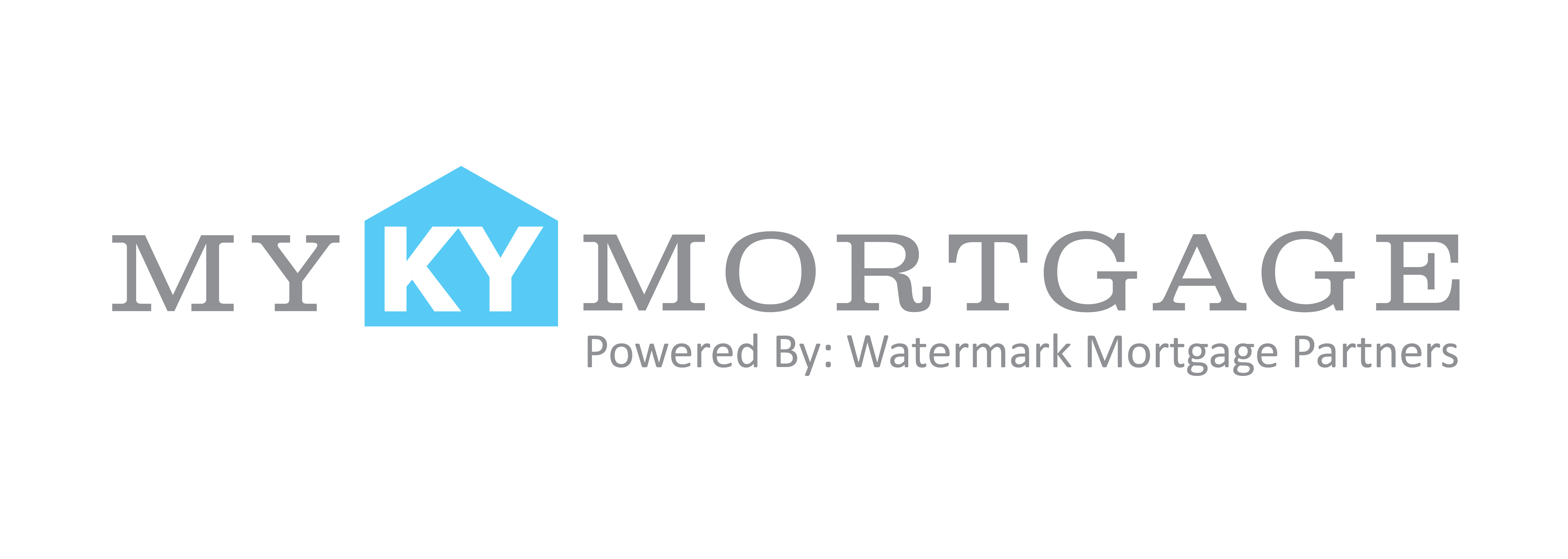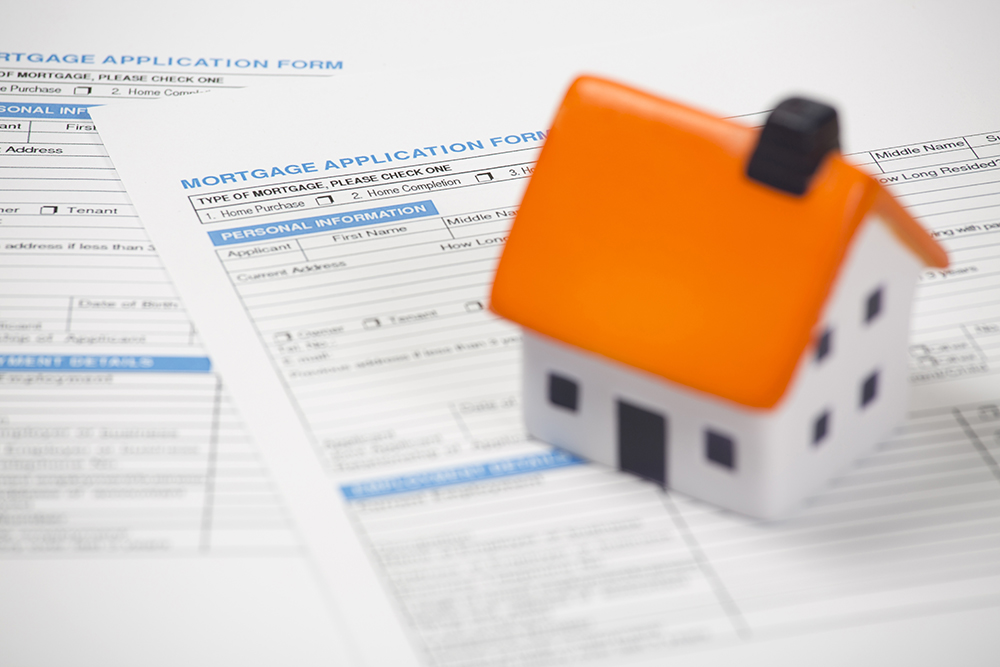When people want to determine how much their mortgages cost, lenders often give them quotes that include loan rates and points. Here, Bankrate explains what mortgage points are and whether or not you should pay them.
What exactly is a point?
A point is a fee equal to 1 percent of the loan amount. A 30-year, $150,000 mortgage might have a rate of 7 percent but come with a charge of one point, or $1,500. A lender can charge one, two or more points. There are two kinds of points:
Discount points
These actually are prepaid interest on the mortgage loan. The more points you pay, the lower the interest rate on the loan and vice-versa. Borrowers typically can pay anywhere from zero to three or four points, depending on how much they want to lower their rates. This kind of point is tax-deductible.
Origination points
This is charged by the lender to cover the costs of making the loan. The origination fee is tax-deductible if it was used to obtain the mortgage and to not pay other closing costs. The IRS specifically states that if the fee is for items that normally would be itemized on a settlement statement, such as notary fees, preparation costs and inspection fees, it is not deductible.
How do you decide whether to pay points, and how many?
That depends on a number of factors, such as:
• How much money you have available to put down at closing.
• How long you plan on staying in your house.
• Points as prepaid interest reduce the interest rate, an advantage if you plan to stay in your home for a while.
• But if you need the lowest possible closing costs, choose the zero-point option on your loan program.
By the numbers
A lender might offer you a 30-year fixed mortgage of $165,000 at 6 percent interest with no points. The monthly mortgage principal and interest payment would be $989. If you pay two points at closing ($3,300,) you might be able to drop the interest rate down to 5.5 percent, with a monthly payment of $937. The savings difference would be $52 per month. But it would take 64 months to recoup the $3,300 spent upfront via lower payments. If you’re sure you will own the house for more than five-and-a-half years, you save money by paying the points.



